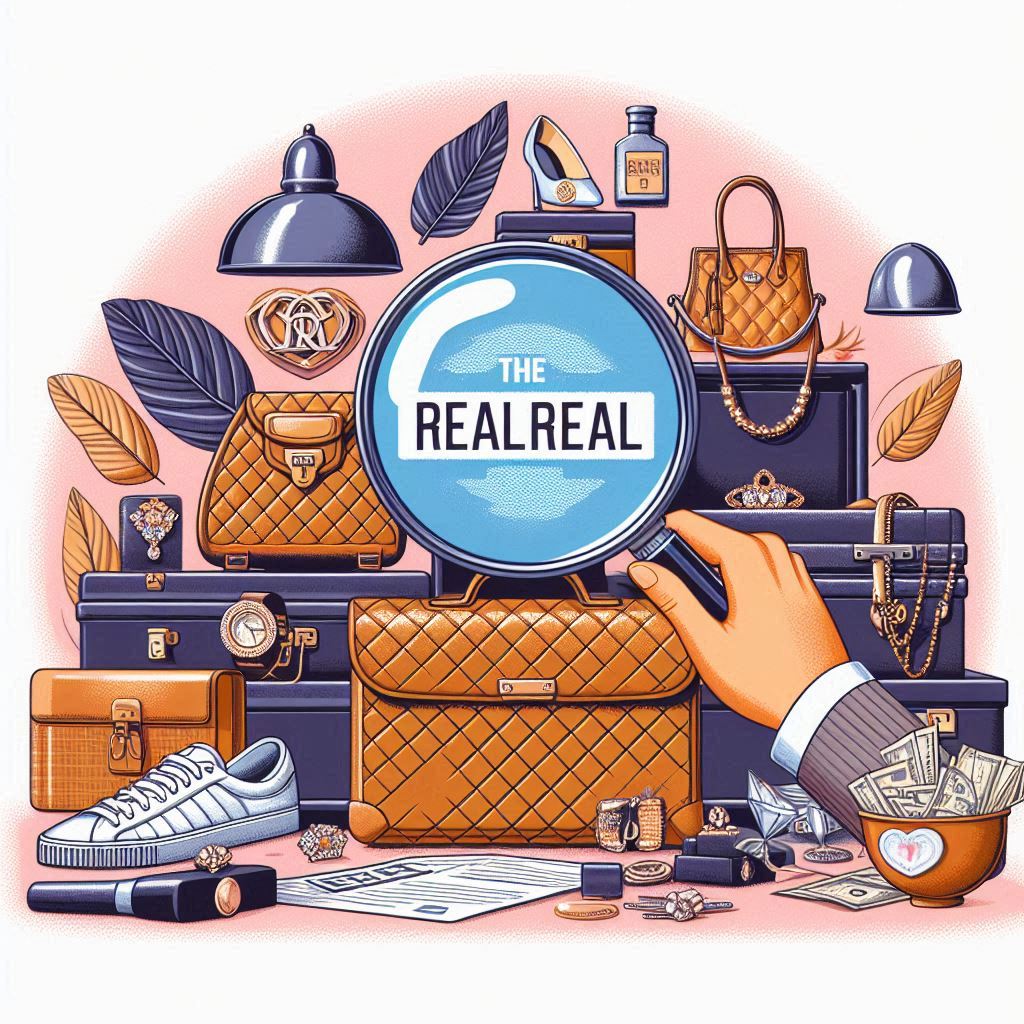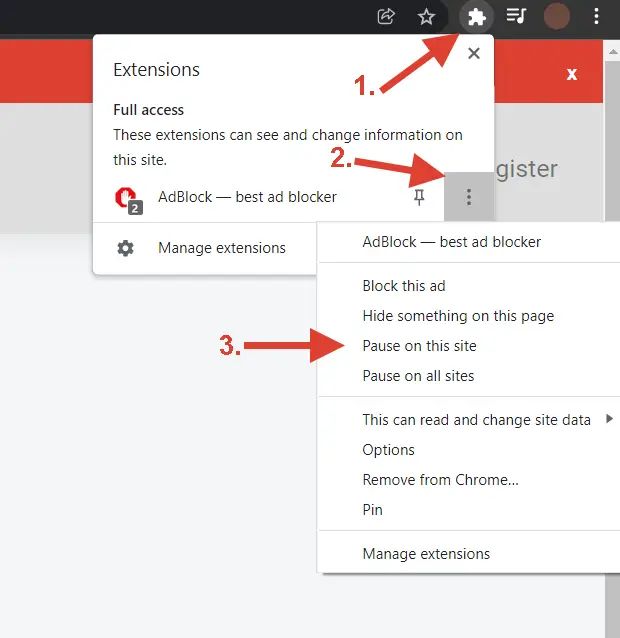When you’re investing in luxury, whether it’s a timeless handbag, a statement watch, or a piece of fine jewelry, one question is paramount: is it authentic? For shoppers navigating the world of pre-owned luxury, this concern is front and center. The RealReal has emerged as the world’s largest marketplace for authenticated luxury resale, but with that title comes intense scrutiny. Shoppers and sellers alike constantly ask, is the real real legit? And more importantly, how can they be so sure?
The truth is, trust in the resale market is built on a foundation of rigorous verification. Understanding the realreal authentication process is key to feeling confident in your purchase. It’s a system that’s far more complex than a simple once-over, blending human expertise with cutting-edge technology and a massive library of data. This guide will pull back the curtain on exactly how the real real ensures the items you buy are the real deal, exploring every step from the moment an item arrives at their door to the guarantee that backs your purchase.
Table of Contents
- The Foundation: Who Authenticates The Items?
- The Tech Advantage: AI and Tools of the Trade
- A Category-Specific Approach to Authentication
- The RealReal Authenticity Guarantee: What If There’s an Issue?
- Public Scrutiny and Brand Relationships
- Frequently Asked Questions
The Foundation: Who Authenticates The Items?
At the core of the real real authentication process is a dedicated team of people. The company employs hundreds of in-house experts, including brand authenticators, GIA-certified gemologists, and horologists who physically inspect thousands of items every single day. Is the real real authentication legit? The credentials of their team suggest a deep commitment. Many of these specialists are recruited directly from the luxury world, bringing firsthand experience from iconic brands like Hermès, Tiffany & Co., and Rolex, or prestigious auction houses such as Sotheby’s and Christie’s.
This expertise is not static. Every member of the authentication team undergoes intensive training—at least 40 hours to start, which includes job shadowing and daily quizzes. This education is ongoing, with continuous training sessions to keep experts ahead of the latest counterfeiting trends. This relentless focus on human expertise is the first and most critical line of defense in determining if an item is the real real fake or real.
The Tech Advantage: AI and Tools of the Trade
Human expertise is powerful, but The RealReal amplifies it with technology. They have developed a suite of proprietary tools within their “TRR Authentication Labs,” where experts in AI and machine learning work to combat fakes. This is a critical part of the real real authentication process.
- A Massive Data Library: As the largest player in the market, The RealReal has amassed an unparalleled amount of data over more than a decade. This includes information on over 37 million authentic items and, just as importantly, data on over 250,000 counterfeit items they have identified and kept off the market. This database is the backbone of their AI systems.
- TRR Shield™: This proprietary technology functions as an intelligent gatekeeper. It analyzes incoming items and tracks which brands and styles are most at risk for counterfeiting. High-risk items are immediately flagged, ensuring they receive extra scrutiny from the most senior authenticators.
- TRR Vision™: This tool allows experts to capture microscopic images of an item, documenting everything from leather grain and stitching patterns to hardware details. These images are then compared against millions of others in their database, enabling the system to help experts spot even the most subtle inconsistencies that would be invisible to the naked eye.
- XRF Machines: For jewelry and watches, realreal authentication gets even more scientific. They use X-Ray Fluorescence (XRF) machines to analyze the metallic composition of an item, detecting the exact alloys used in hardware, cases, and settings. This data is compared against the known composition of genuine articles, providing another layer of verification.
This fusion of human and machine intelligence is how does the real real authenticate at such a massive scale, processing over a million items each month.
A Category-Specific Approach to Authentication
Not all luxury goods are created equal, and the methods used to verify them must be tailored. The RealReal employs a brand-specific and category-specific process.
- Handbags: When it comes to the question “are the real real bags authentic?”, the process is multi-faceted. Authenticators examine materials, stamping, hardware, stitching, and overall craftsmanship. This is where tools like TRR Vision are invaluable for comparing construction details against a database of genuine bags. The expertise of former brand employees is also crucial for spotting the subtle markers that differentiate a real bag from a “superfake.” So, does the real real authenticate bags? Yes, it’s one of their most scrutinized categories.
- Fine Jewelry & Watches: This is where the horologists and gemologists take center stage. Does the realreal authenticate jewelry and watches? Absolutely. Each piece is meticulously inspected and appraised by certified professionals. In fact, The RealReal developed its own proprietary device for measuring mounted stones, which they state improves accuracy over conventional methods. Every piece of fine jewelry and every watch comes with a valuation certificate detailing its specifications.
- Fine Art: Art items are validated by a team of fine art specialists who conduct thorough research into the piece’s provenance and history to confirm its legitimacy.
This specialized approach ensures that are the real real items authentic is a question answered with the right expertise for every unique piece.
The RealReal Authenticity Guarantee: What If There’s an Issue?
No system is infallible, and in the high-stakes world of luxury authentication, customer confidence is everything. This is where the real real authenticity guarantee comes into play. The company stands firmly behind its process. According to their own statements, if a customer is ever unhappy or questions a product’s authenticity, they are committed to “making it right.”
If you purchase an item and have concerns, you can contact their customer service. This often involves sending the item back to the real real authentication center for a thorough re-authentication by their senior experts. While instances of the real real fake items being sold are what the company works tirelessly to prevent, they have a clear recourse policy for customers who raise a concern. This commitment is a cornerstone of why many shoppers feel is the real real safe for purchasing high-value goods.
Public Scrutiny and Brand Relationships
As a leader in the secondary market, The RealReal operates under a microscope. The question of is everything on the real real authentic is a subject of ongoing public conversation and has led to legal challenges. Most notably, the lawsuit where chanel sues the realreal brought the issue of third-party authentication to the forefront of industry news. These events highlight the complex relationship between resale platforms and the luxury brands themselves.
It’s crucial to understand that The RealReal operates independently. As they explicitly state, the brands sold on their platform are not involved in the authentication process and do not assume any responsibility for products purchased through the site. This is a key distinction: the real real authenticated luxury consignment is a service provided by The RealReal, not by the original brands. The platform’s reputation, therefore, rests entirely on the strength and reliability of its own verification system.
Frequently Asked Questions
Is The RealReal a legit site?
Yes, The RealReal is a publicly-traded company (NASDAQ: REAL) and is widely considered a legitimate and major player in the luxury resale industry. With over 38 million members, 15 retail locations, and billions paid out in consignor commissions, it is a significant and established business. The core of its business model is built on providing what is real authentication.
Does The RealReal sell fakes?
The RealReal’s entire business model is predicated on preventing counterfeit items from reaching the market. They state they are the only resale company that authenticates every single item they sell. While no system is perfect, they claim to have the most rigorous process in the industry and have kept over 250,000 fakes off the market. If there are the real real authentication issues, they have a policy to address customer concerns.
How does The RealReal work?
The RealReal is a consignment marketplace. Sellers (consignors) send their pre-owned luxury goods to The RealReal. The company’s experts then authenticate, photograph, price, and list the items on their website. When an item sells, the consignor receives a commission. For buyers, it operates like a traditional e-commerce site, offering a curated selection of verified pre-owned luxury goods.
How authentic is The RealReal?
The RealReal employs a multi-point authentication process that combines hundreds of human experts with proprietary technology like AI and machine learning. They have a massive database of authentic and counterfeit products that informs their process. While they are an independent authenticator and not affiliated with the brands they sell, they stand behind their process with therealreal authenticity guarantee.
Are The RealReal bags real?
Handbags are one of the most popular and heavily scrutinized categories on the site. The RealReal uses a rigorous, brand-specific process to verify bags, examining everything from material and hardware to stitching and serial codes with the help of technology like TRR Vision. While counterfeiters are always evolving, the platform invests heavily to ensure are the real real bags real.
Why is The RealReal so cheap?
Items on The RealReal are pre-owned, so prices are naturally lower than new retail. Pricing is dynamic and depends on factors like the item’s condition (which ranges from “Pristine” to “Fair”), current market demand, brand, and recency. Some items might seem “cheap” if they show more wear or are from a less sought-after collection, while rare and in-demand items can command prices close to or even above their original retail value.
What is the controversy around Chanel suing The RealReal?
The lawsuit where there was talk of chanel suing the real real centered on Chanel’s claims regarding the authenticity of products and The RealReal’s marketing of its authentication services. This legal battle highlighted the broader industry tension between luxury brands, who want to control their distribution, and the secondary market. It spurred public debate about whether a third party can be a reliable authenticator. The RealReal maintains its stance on having the industry’s most rigorous independent authentication process.


